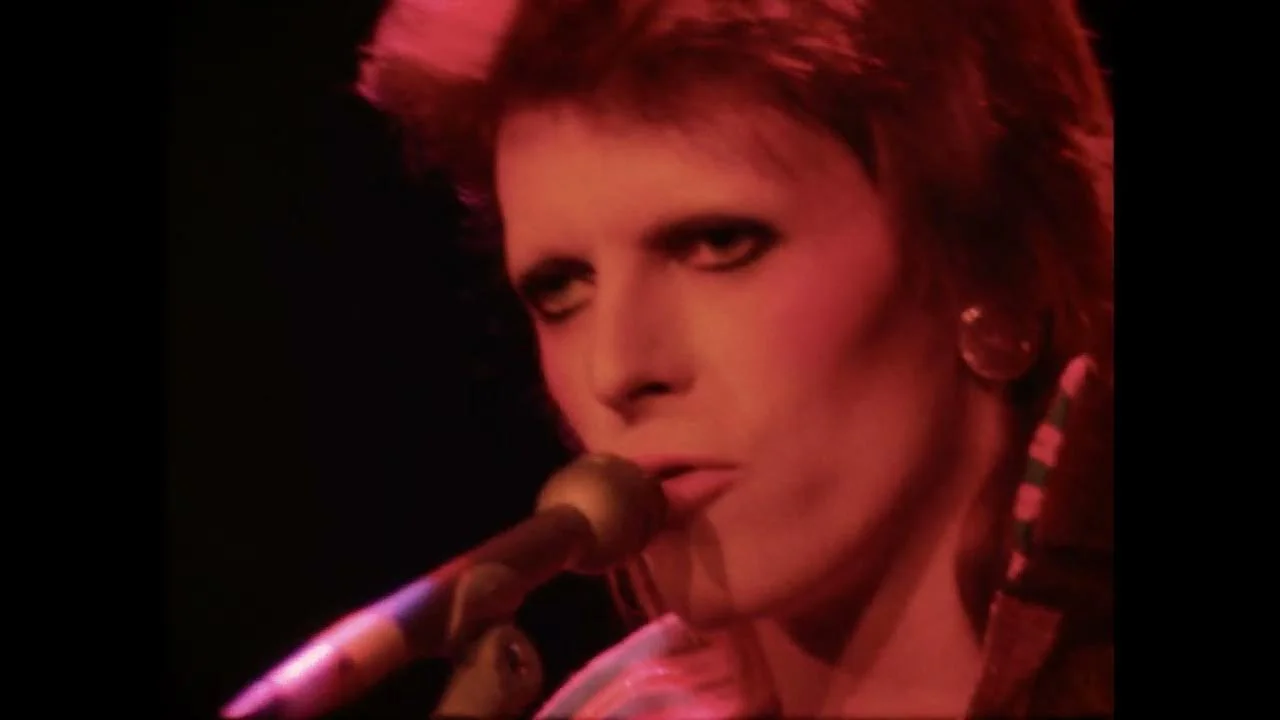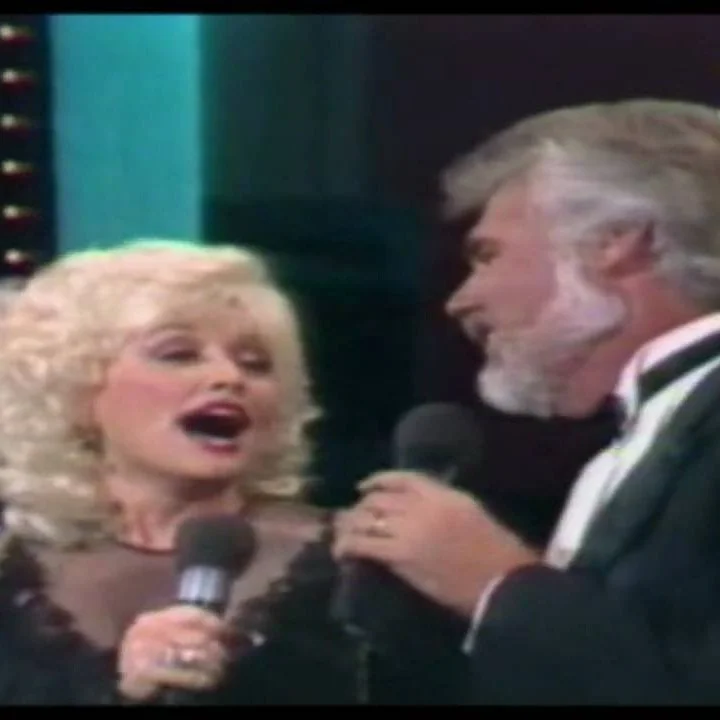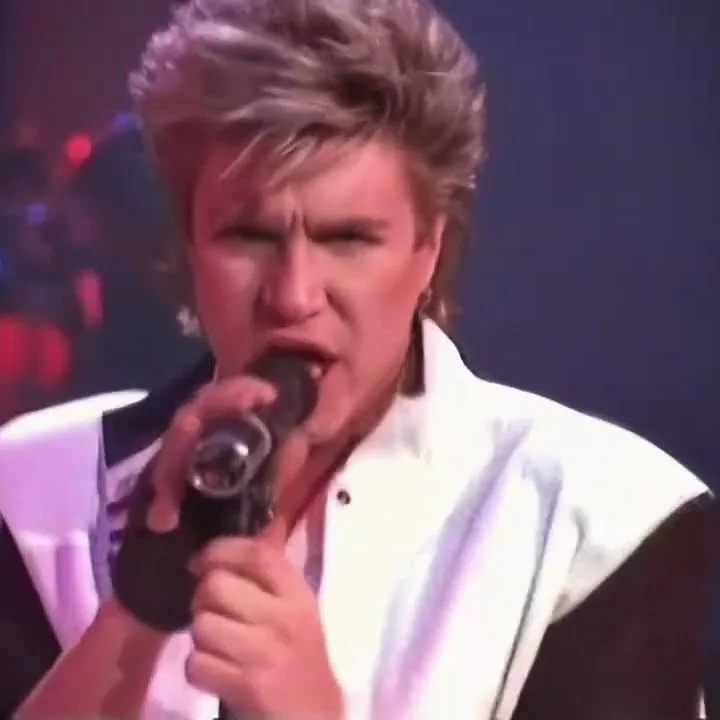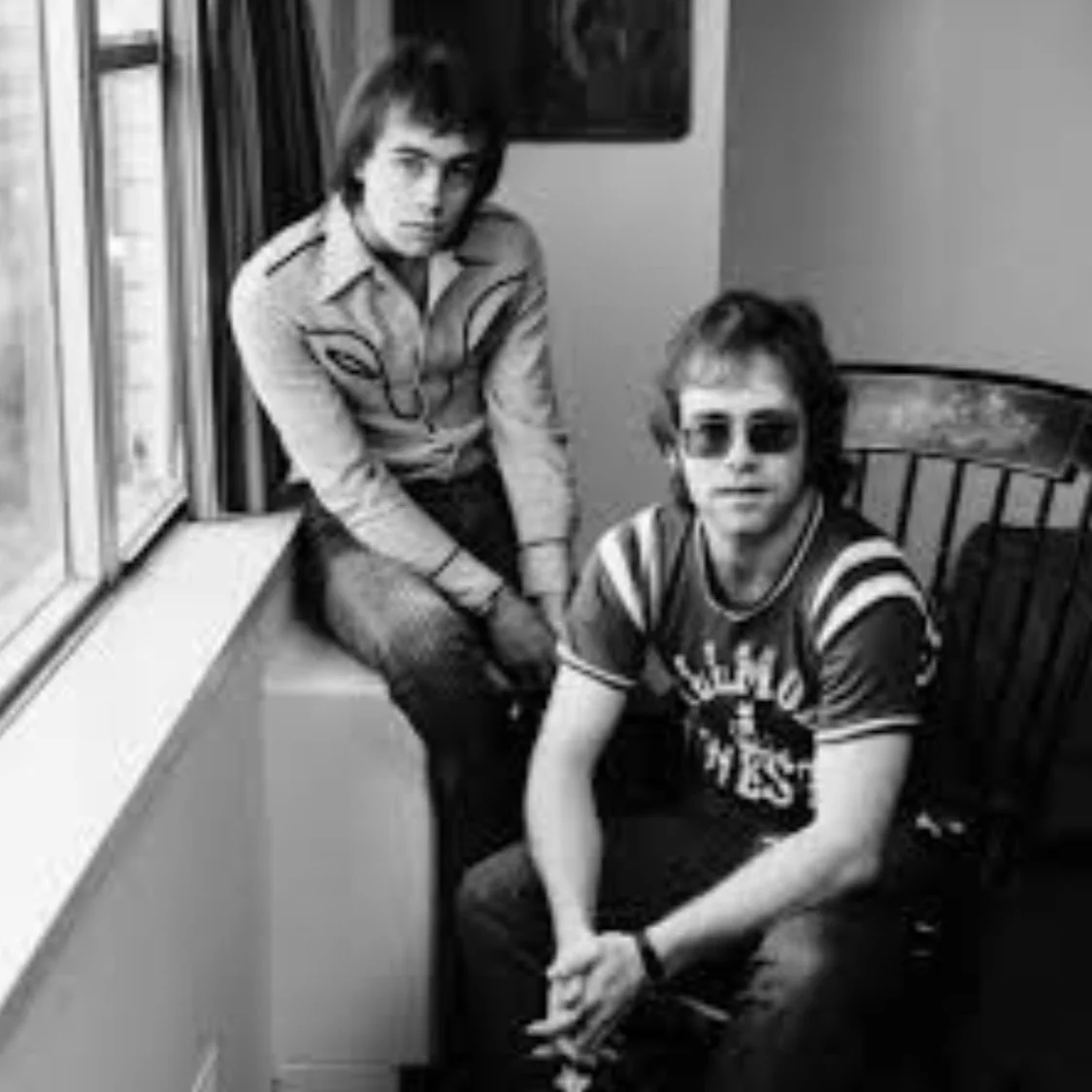David Bowie - Changes
"Changes" is one of David Bowie's most iconic songs, featured on his 1971 album Hunky Dory. The song explores themes of transformation and the inevitability of change in life. With its catchy melody and reflective lyrics, it captures the essence of personal evolution and the struggles that come with it. The line "Ch-ch-changes" has become especially memorable, symbolizing Bowie’s embrace of change both in his music and in his life. The song remains a timeless anthem, resonating with listeners who find themselves facing transitions.
David Bowie - I'm Afraid of Americans
"I'm Afraid of Americans" was released by David Bowie in 1997 as part of his album "Earthling." The song reflects Bowie's experiences and observations of American culture during his travels. This period in his career was marked by a fascination with electronic music and jungle rhythms, which influenced the sound of the track.
The song was co-written with Brian Eno, a long-time collaborator of Bowie's, and it showcases a blend of rock and electronic elements. Its lyrics convey a sense of paranoia and discomfort associated with American society, capturing the cultural tensions of the time.
The track gained renewed prominence with the release of a remix by Nine Inch Nails' Trent Reznor, who also appeared in the accompanying music video. This version, released in 1998, further amplified the song's reach and introduced it to a new audience, cementing its place in both Bowie's and Reznor's discographies.
Over the years, "I'm Afraid of Americans" has been interpreted as a commentary on the darker sides of American culture, including consumerism, nationalism, and identity conflicts. Its themes remain relevant, engaging listeners with its critical perspective on globalization and cultural exchange. The song is often seen as one of Bowie's successful explorations of contemporary issues through his music.
Dolly Parton and Kenny Rogers - Islands In The Stream
"Islands in the Stream" is a classic duet performed by Dolly Parton and Kenny Rogers. Released in 1983, it became one of their most iconic songs. The track was written by the Bee Gees and was named after the Ernest Hemingway novel. Its upbeat tempo and heartfelt lyrics reflect a deep connection between two people, evoking themes of love and devotion.
The song was well-received commercially and critically, reaching the top of the charts in multiple countries. It remains a beloved classic in the realm of country and pop music, remembered for the chemistry between Parton and Rogers and its timeless appeal.
Echo & The Bunnymen - The Killing Moon
"The Killing Moon" by Echo & The Bunnymen is a haunting, atmospheric track released in 1984, widely considered one of the band’s masterpieces. With its lush string arrangements, moody guitar lines, and Ian McCulloch’s dramatic, brooding vocals, the song captures a sense of fatalistic romance and destiny. The lyrics, filled with poetic imagery—“Fate up against your will / Through the thick and thin”—evoke themes of love, inevitability, and cosmic influence. Often associated with the gothic and post-punk movements of the 1980s, the song’s timeless quality has kept it relevant, famously appearing in films like Donnie Darko. "The Killing Moon" remains a defining moment for Echo & The Bunnymen, encapsulating their moody elegance and emotional depth.
Eddie Cochran - Summertime Blues
Summertime Blues is a song written and recorded by American rockabilly artist Eddie Cochran. It was released in 1958 as a single and became one of Cochran's most well-known songs. The lyrics express frustration with various aspects of teenage life, particularly the restrictions placed on young people during the summer months. The song's catchy guitar riff and energetic delivery helped solidify Cochran's status as a rock and roll icon. Over the years, Summertime Blues has been covered by numerous artists and remains a classic of the genre.
Tragically, Cochran's life and career were cut short when he died in a car accident at the age of 21 while on tour in the United Kingdom. Despite his short time in the spotlight, his music continues to be celebrated by fans of all kinds of music around the world.
Elton John - American Triangle
Matthew Wayne Shepard was a gay American student at the University of Wyoming who was beaten, tortured, and left to die near Laramie on the night of October 6, 1998. He was taken by rescuers to Poudre Valley Hospital in Fort Collins, Colorado, where he died from severe head injuries six days later.
“The first song that we actually wrote for the album and when Bernie gave me this lyric I knew that I had to write a great song because it's uh about the murder of Matthew Shepard which happened two years ago in Laramie, Wyoming in America and he was a 21-year-old gay student who was uh beaten up and left to die and um affected me incredibly I went to laram me and I did a concert uh for four anti-hate groups and I met Matthew's parents and uh since then I've I've always wanted to write a song about this uh this event and this is the song called American Triangle.” Elton John. Released 2002.
This performance was recorded from Top Of The Pops 2 shown on 26th September 2001, originally recorded at Top Of The Pops in September 2001.
The song was written by Elton John and his longtime collaborator Bernie Taupin. The lyrics reflect a sense of yearning and the desire to return to simpler, more authentic beginnings, contrasting the glitz and pressures of fame with the comfort of home. The "yellow brick road" metaphorically alludes to the journey and dreams people chase, often leading to unexpected and sometimes disillusioning destinations.
The song was critically acclaimed upon its release and has continued to be a staple in Elton John's repertoire. It showcases his ability to blend pop with rich storytelling, aided by a lush arrangement featuring piano, strings, and harmonious backing vocals. "Goodbye Yellow Brick Road" has remained a beloved classic, resonating with listeners through its reflective themes and unforgettable melody. Over the years, it has been covered by numerous artists and featured in various media, further solidifying its legacy in music history.
Elton John - Goodbye Yellow Brick Road
"Goodbye Yellow Brick Road" is a standout track from Elton John's 1973 album of the same name. The album was released at a pivotal moment in Elton John's career, as it followed the massive success of his previous album, "Don’t Shoot Me I’m Only the Piano Player."
The song was written by Elton John and his longtime collaborator Bernie Taupin. The lyrics reflect a sense of yearning and the desire to return to simpler, more authentic beginnings, contrasting the glitz and pressures of fame with the comfort of home. The "yellow brick road" metaphorically alludes to the journey and dreams people chase, often leading to unexpected and sometimes disillusioning destinations.
The song was critically acclaimed upon its release and has continued to be a staple in Elton John's repertoire. It showcases his ability to blend pop with rich storytelling, aided by a lush arrangement featuring piano, strings, and harmonious backing vocals. "Goodbye Yellow Brick Road" has remained a beloved classic, resonating with listeners through its reflective themes and unforgettable melody. Over the years, it has been covered by numerous artists and featured in various media, further solidifying its legacy in music history.


















